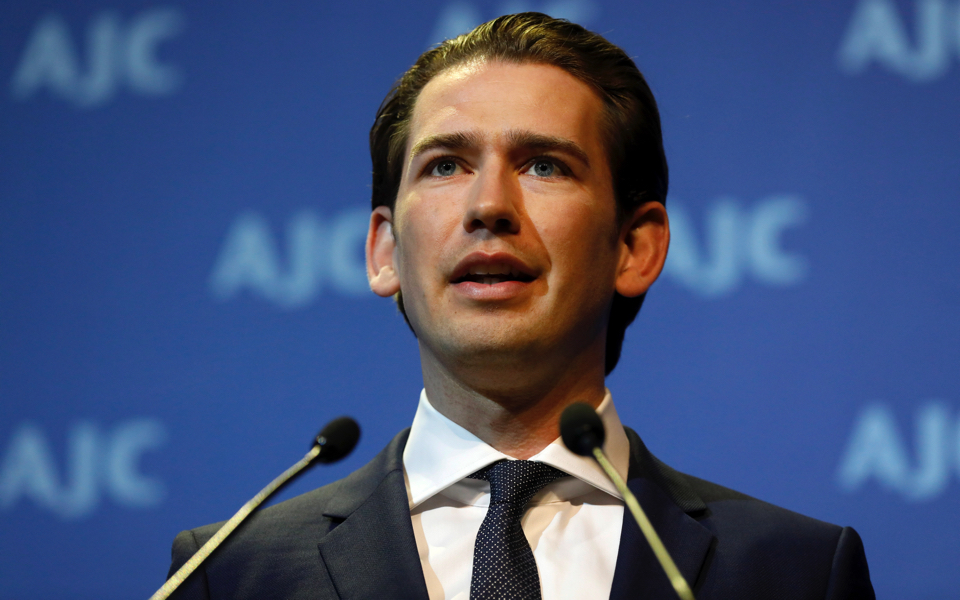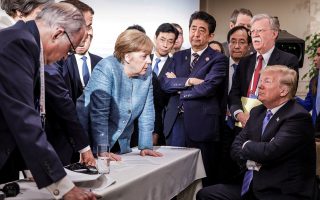Tension in Europe’s right wing

Leaders of the center-right European People’s Party (EPP) group in the European Parliament met in Munich over three days recently to hammer out a common strategy ahead of Euro elections in May 2019. The main rival of Europe’s conservatives is no longer the Social Democrats or the Socialists, who have seen political support plummet in recent years. Rather, it is the anti-systemic right or so-called populist right that has been attracting traditional center-right voters its way.
However, contrary to the communists and the socialists, who are animated by profoundly class-driven and internationalist ideology, the political credo of Europe’s conservative parties is directly linked to the idea of the nation-state. This however has been constantly undermined by “common policy” in the areas of the economy and migration, as this has been shaped by Berlin. Thus the emergence of the anti-systemic or new right.
The only country where the two trends have coexisted in harmony in the context of a governing coalition is Austria under Sebastian Kurz, who happens to be Europe’s youngest prime minister. Kurz, who left the University of Vienna without a degree to pursue politics, has not designed policy in a vacuum. In 2000, the country’s conservative chancellor Wolfgang Schuessel did not hesitate to form a government with far-right leader Joerg Haider, despite protests and condemnations from Austria’s European partners. The anti-systemic right is in power in Poland, Hungary and the Czech Republic and, as a consequence, the EPP’s political unity is in question.
European Parliament elections have a rather symbolic dimension as voters tend to see them as second-rate. The case is different in today’s Germany as the further sinking of the Social Democratic Party and the prospect of the far-right Alternative for Germany (AfD) winning second place could cause irreparable damage to the ruling coalition.
The Christian Social Union (CSU), the Bavarian sister party of Chancellor Angela Merkel’s Christian Democratic Union (CDU), is using machinations to halt the trend, which could politically destabilize Germany. Markus Soeder, Bavaria’s prime minister, introduced a new law in the state requiring that crosses be hung in the entrances of all public buildings, in a move that prompted criticism from the Catholic Church. Manfred Weber, the German leader of the EPP has escalated his criticism of the left. But these are tactics aimed at stopping the leaks; they are not substantial policy.
However, there is one more external factor that destabilizes the continent’s systemic right: Donald Trump. On top of his other ambitions, the US president aspires to export anti-systemic conservative ideas to Europe. His ambassador to Berlin, Richard Grenell, who has previously voiced admiration for Kurz, has said that he wants to “empower” conservatives throughout Europe. Grenell’s perceived breaches of diplomatic etiquette have caused a firestorm in Germany.
Europe’s systemic center-right certainly does not seem to be in very good shape lately.





